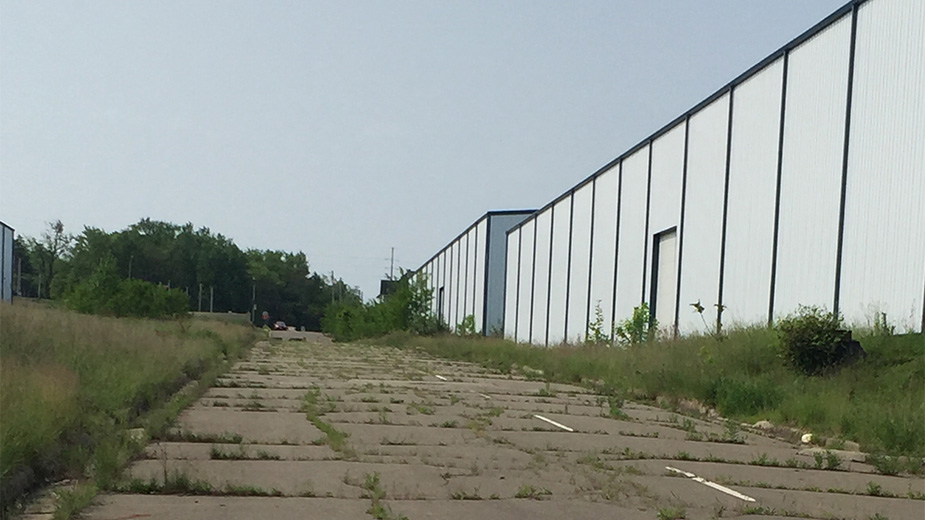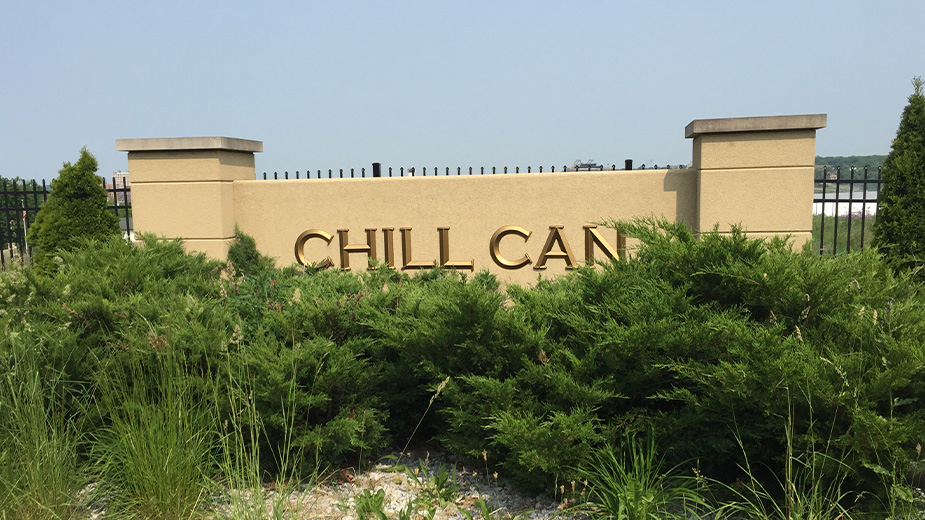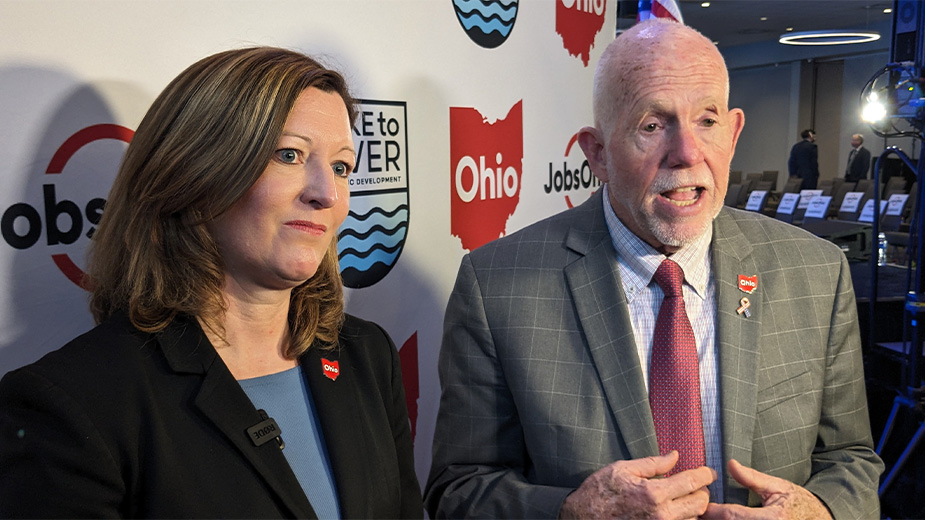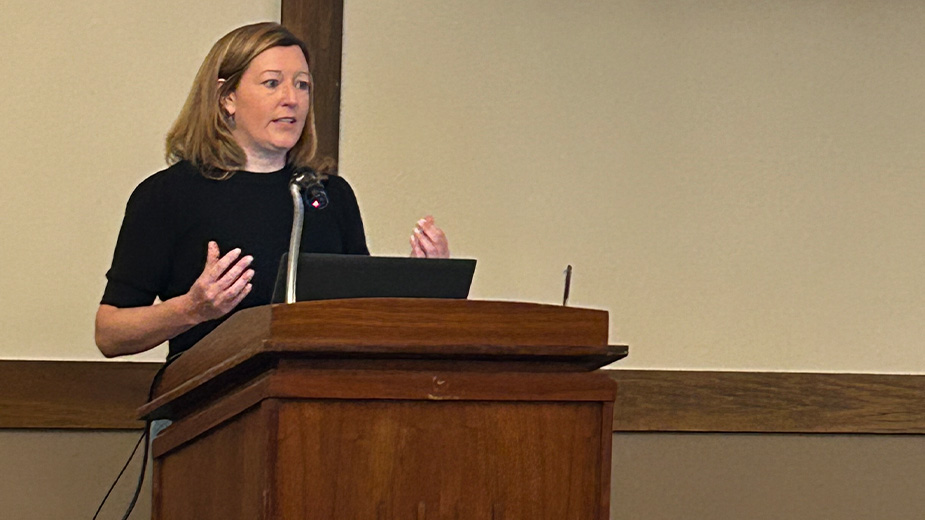Chill-Can, City Attorneys Square Off at Hearing
YOUNGSTOWN, Ohio – The attorney representing the developer of the stalled Chill-Can project told a Mahoning County Common Pleas Court this morning that his client has repeatedly tried to resolve its litigation with the city, only to be met with resistance.
“We can’t get a five-second conversation to move this case forward,” said Brian Kopp, attorney for M.J. Joseph Development Co. “It’s always met with paper, paper, paper.”
Attorneys representing the city say that M.J. Joseph Development Co. is stalling the process by failing to comply with discovery requests, court orders and other measures.
“These discovery problems have plagued this lawsuit from the start,” declared Thomas Hull II of Manchester, Newman and Bennett, the law firm representing the city in the case.
Hull said Joseph Co. has failed to satisfy numerous requests for additional documents and materials, plus a court order compelling the company to comply.
The impasse has led the city to file motions asking the court to award it sanctions of $733,480 – damages it says it’s owed because of the stalled Chill-Can project.
The two attorneys squared off before Magistrate Dennis J. Sarisky during the second public court hearing related to a lawsuit that is now two years old.
The city is seeking documents as to the whereabouts of certain equipment the company put up as collateral as part of a security agreement to obtain a $1.5 million development grant to build its Chill-Can campus on the city’s East Side.
“We’re trying to find out where those assets are,” Hull said. “We have a secured interest in those assets, and they have sold them while this lawsuit is pending.”
Joseph’s Chill-Can project, first announced in 2016, has never come to fruition.
According to Hull, the city became concerned after a Business Journal article pointed out that the building that housed Joseph Co. International in Irvine, California, was sold in 2021 for more than $5 million. That prompted a round of discovery seeking more information on the status of the equipment, which was stored at that location.
“I’ve had to draw up eight different, unnecessary discovery motions in this matter,” he said. “Sanctions are the only thing that will effectively resolve this issue. Court orders won’t do it – they just have no intention of satisfying their obligations.”

Hull said just one document has been produced that shows a $10,000 piece of equipment was sold to a related entity of M.J. Joseph Development’s.
Kopp replied that the city never properly “perfected” its security agreement, and any claim the city had would be secondary to other liens on the equipment.
The attorney also noted there is yet to be a final judgment in this case, and that the city is essentially preempting the process by requesting sanctions.
“They’re seeking collection-based discovery,” he said.
Kopp also took issue with how the discovery requests were presented. “Blanket requests of everything that’s out there, or could be out there, are not reasonably tailored discovery.”
Regardless, Sarisky said the city is still entitled to these materials. “I don’t understand why we have to have six motions for requests for discovery, motions to compel,” the magistrate said. “Here we are, in this point in time, where we’re still not in compliance with discovery.”
Sarisky said the attorneys would have seven days to respond to each of the parties’ arguments. He would rule on the motions regarding sanctions after those are filed.
“The frustrating part of this right now is that neither party is in a position to move forward,” Kopp told reporters after the hearing. “Our hope is that we could get through these rulings. But if we don’t take control of this case as the parties, this case is going to linger for a decade.”
In March 2021, the city notified M.J. Joseph and its CEO, Mitchell Joseph, that it was in breach of a development and enterprise zone agreement the parties signed in 2017. Under the development agreement, the city awarded the company $1.5 million to prepare a 22-acre site on the East Side for a manufacturing and research campus that would produce self-chilling beverage cans.
The project was supposed to create more than 230 jobs. The company today lists just one employee, and three buildings remain empty at the site.
Anticipating a lawsuit from the city, M.J. Joseph filed a complaint against the city in May 2021, saying it wasn’t entitled to a refund of the $1.5 million.
The city countersued for return of the grant money, plus $414,948 in property acquisition and relocation costs, and another $318,523 in demolition and abatement expenses the city incurred for the project.
Judge Maureen Sweeney affirmed in November the magistrate’s earlier ruling that the developer was in breach of contract and ordered M.J. Joseph to repay the city its $1.5 million. The court did not address any additional damages the city requested at that time.
“Ultimately, we believe that this matter will go to trial sometime in the fall on some or very limited issues,” Kopp told reporters Wednesday. “Nothing would make the Joseph Co. happier than to settle this case.”
Copyright 2024 The Business Journal, Youngstown, Ohio.



